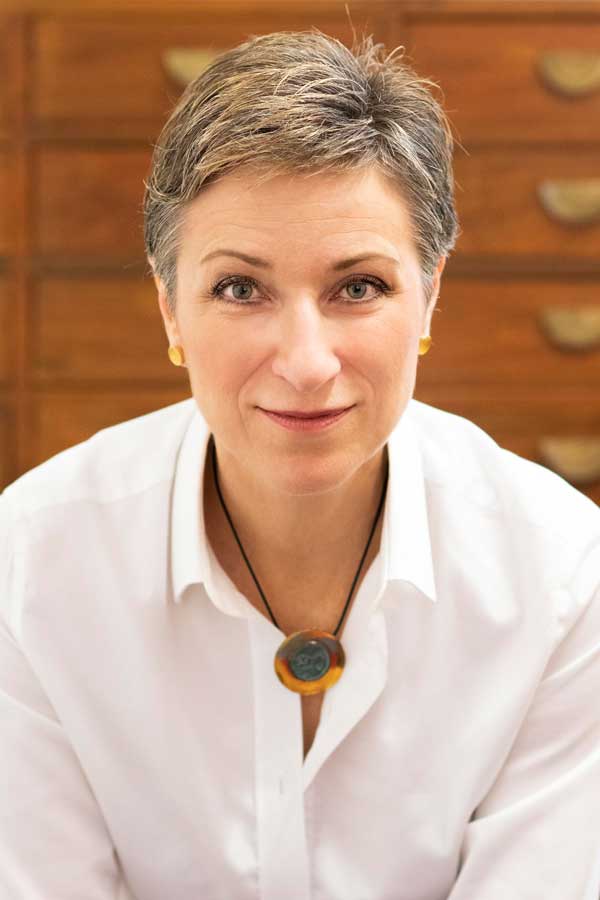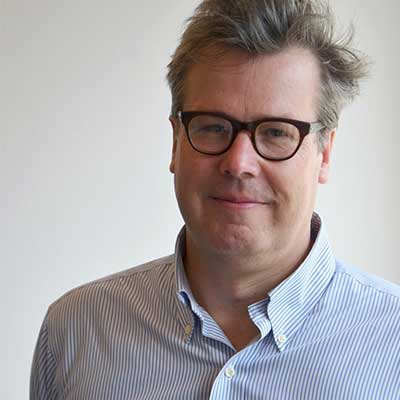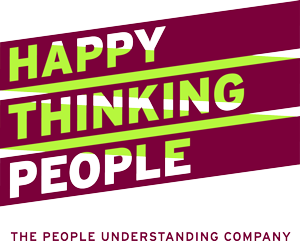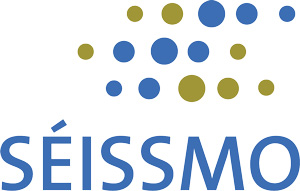But then business as usual perhaps? Birthdays come and go after all, things move on quickly.

Think back 20 years to 2001
A year of seismic shocks, also the year the dot-com bubble burst. Remember lastminute.com, boo.com, register.com? Many of the new businesses founded then or thereabouts didn’t survive. Fast-forward to now: Seissmo is still there, still with its funny name, still in Mannheim, still led by Natacha.
Who is of course a successful female entrepreneur – somebody who has not just created jobs, paid taxes, but navigated all the challenges of having children, raising a family whilst running a compact business without the support structure a larger company might have. Quite an achievement.
So – what did it take? In search of fresh answers to a topic of the moment– succeeding as a female businesswoman and market researcher – I chatted to Natacha virtually. A fascinating POV.
Enjoy.
My one-liner teaser: despite a resolute focus on performance and gender blindness in her career, the internalizing of underlying male-female stereotypes seems to have had a lasting professional impact – for better or for worse 😉
Edward Appleton is Chief Marketing Officer with Happy Thinking People in Berlin. He has been in market research for over 20 years – working client side, in communication agencies and market research institutes in UK and Germany. A passionate believer in the power of data and empiricism to inform better decision making, he also writes his own blog at https://researchandreflect.blogspot.com/. He is a proud member of ESOMAR, BVM and the AQR.
SUCCEEDING AS AN ENTREPRENEUR – HOW?
EA: Natacha, how does it feel to be a successful entrepreneur? Proud?
ND: Honestly, more grateful than anything - for the good education from parents, at school and at university. Grateful for family support, having people around you believing in you, that you can “do/ make” it, including my children – 16, 20 y. o. – who seem more proud than me 😉 and show so much understanding when I have to work. Grateful of course for the trust of clients and business partners, convinced I have modestly contributed to creating employment and transmitting to the next generation our trade, grateful for the richness and ideas employees gave back.
EA: Being grateful suggests modesty, admirable – but what did it take to stick the course?
ND: Hmm….Being ready to doubt things, myself even, to reconsider, to reinvent oneself.
I’d say my secret is that I never grew – or the company never grew - so much that it would make me afraid of losing it all. Having not too much to lose is very helpful to go new ways and take risk.
Also being willing to endorse leadership in others, being able to manage and empower others. I think my mother was a great leadership role – maybe we have time to talk about her in future? Another female role model perhaps haha….
EA: More modesty – but truly, there must have been highs and lows. Talking as a female entrepreneur, what challenges have you encountered – and how have you responded?
ND: Honestly, I never felt being a “female” entrepreneur, but a passionate professional. Let me leave the challenges for a second and go to your question about the highs and lows.
Ok, the best moments first – well, I feel blessed. That’s not a moment, more of a state of mind, but I am very grateful (yes, again 😉) to be able to do something professionally which is a mission, has a purpose.
We researchers are fortunate to be tasked by our best clients to find the magical or unexpected in seemingly small things. When that works out, it’s truly exciting, and can have a huge impact on a business which gives a sort of adrenalin surge.
And then I’d say creative stuff, doing things that spark the imagination also count as highs – working with sketch artists or film makers as part of a project for example, helping insights come alive. I love that – makes research live and breathe. I could go on, will that do?
EA: Absolutely! And what about the less good times, the bad moments - worst moments even?
A WOMAN IN RESEARCH – HIGHS AND LOWS
ND: That takes me in a sense to what we discussed prior to this interview – being a female entrepreneur.
The bad moments were because of the bad conscience of a woman/ wife/ mother/ boss all rolled into one, fulfilling the multiple roles that are required from a woman (it’s more OK for a man to be working all the time). So, laying down in the office on afternoons on a cosy carpet because I just needed to sleep – it sounds like a power meme, but believe me it wasn’t fun.
My worst moments – painful. Well, losing myself, feeling emptiness after having reached everything (a big midlife crisis), having sacrificed hours of family time for the company, burn-out and depression…Tough times which I managed to come through thanks to the love of and to my close family, combined with professional help.
And a change of surroundings – I moved into a totally white flat and started to have one piece of furniture at a time, all in white – it was a white canvas. And there was a white grand piano. Topic for a whole different article I think.
EA: Wow. A white grand piano – you’re right, we should explore that another time. But let’s stay on theme….You are a successful female entrepreneur. Have you ever felt patronized as a woman businesswoman?
ND: Not at all, I never saw the dichotomy – never defined myself as a woman (as opposed to a man) – both genders share a passion for “gestalten” wollen. If there were any stupid remarks, it came from female clients who asked when I would see my kids, since I’d be traveling so much… poor thing/ poor kids/ poor Natacha… and these women are the ones to ask you to travel to a presentation and moderate a late night group.
On the contrary, men are direct: I remember the CEO of a company in Nurnberg asking me to give a presentation to their clients in Hamburg, while I had given birth to my second one a few weeks before (I was still in my “Wochenbett”) , traveling with a newborn, breastfeeding before and after the presentation. He offered a beautiful STEIFF animal for my kid, in a way of saying “here is my bad conscience, but that’s all where it goes, because at least, I valued your work as a professional and I needed you to be here today”. This kind of gesture doesn’t come from women, does it?
SEXISM IN RESEARCH?
EA: Even more directly – have you ever experienced professional sexism whilst at Seissmo?
ND: Never ever. I am starting to wonder if I am a true woman… But I have to confess that I did make the mistake of the gender pay gap in favor of men, because they sell themselves much better than women do – so I acted in a sexist way myself. I am so terribly sorry about that – I am watching myself like a dog about it.
EA: Does #metoo mean anything to you?
ND: I understand the abundant need for women to address a problem, which I fortunately did not experience myself. If men have committed crimes, I have committed many too, because I have seduced and manipulated (and made some of them suffer) as well.
QUALITATIVE RESEARCH AND THE FEMALE GAZE
EA: Natacha, you’re a qualitative researcher – many qual professionals are female. Do you feel that women have different insight expertise and intuition, abilities that make them more empathetic?
ND: That’s such a tricky question. I truly have evidence that most women in our profession have a superior empathetic approach (obviously, the sample is biased: women who are not will not end in our profession!).
Here is how I analyze it: Because women are taught early to be the “stupid ones”, the “blonde ones” (like me), the “innocent ones”, the “naïve ones”, we are good at appearing ignorant, and everybody believes us – so every consumer/ customer would right away want to “enlighten” us, give us insights into their lives. I’d rather say: women are the better “door/ treasure openers”, and better explorers. Last but not least: also because we doubt a lot, also our own assumptions, which is precious in research.
EA: Do you feel female voices are sufficiently heard in market research? What would you like to see done differently?
ND: They might not be sufficiently heard, but there is awareness everywhere that diversity (not only gender-wise) is enriching and needs to be actively monitored. I am sure there is not much in our way to succeed in raising our voice! Myself I always focus on content first – no matter the skirt.
EA: Natacha, thanks for your time. Congratulations again on the 20 successful years with Seissmo – and here’s to another great 20 years.


